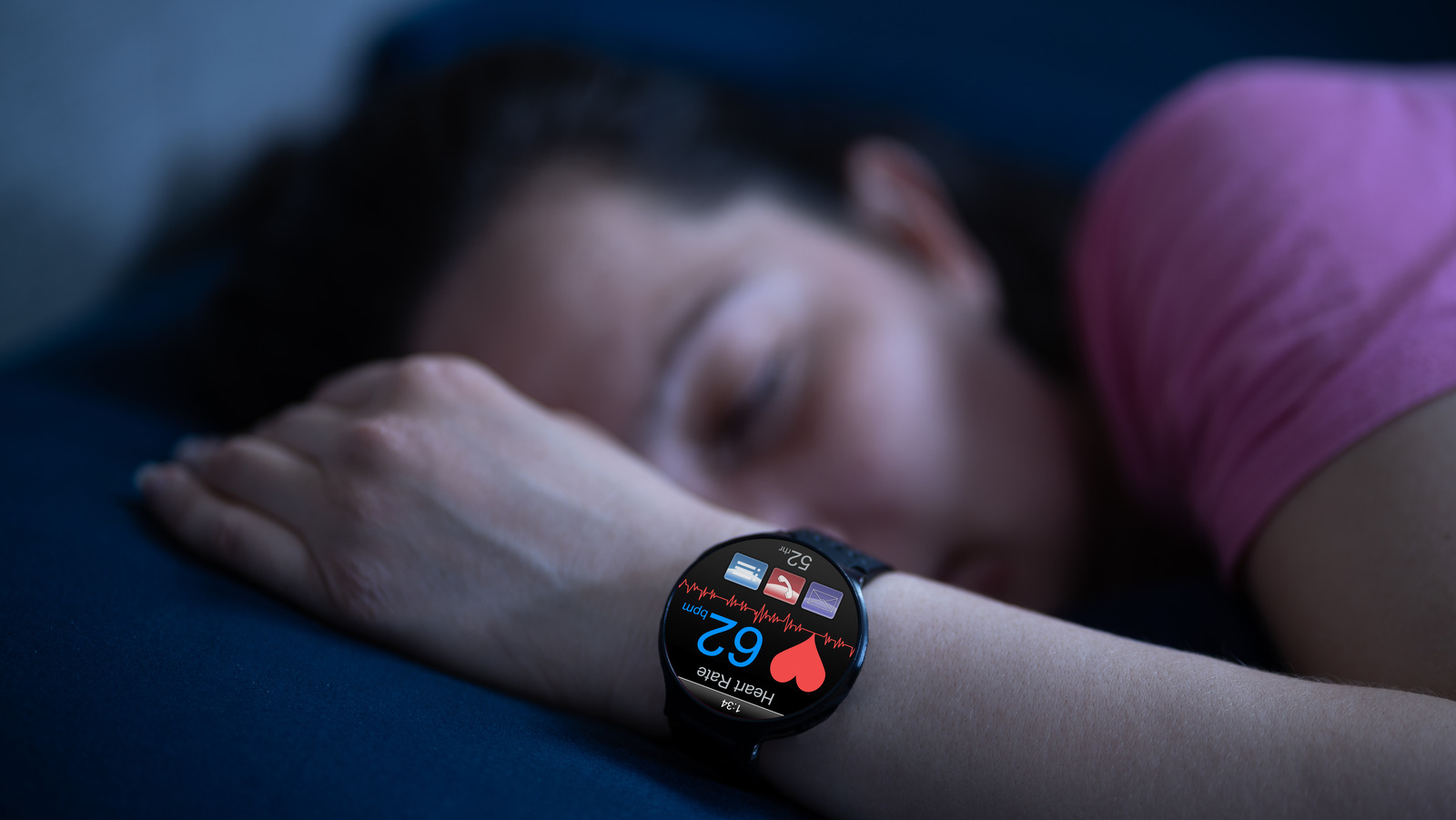[ad_1]

Researchers from the previously referenced 2008 study published in Sleep used survey data from Japanese residents to assess participants’ physical status, dietary intake, and lifestyle habits, including approximately how many hours of sleep they had gotten each night for the last month. The questionnaire data, combined with patient blood test results, revealed that women were more susceptible to high triglyceride levels or lower amounts of “good” cholesterol if they slept fewer than 5 hours a night or 8 or more hours nightly. Oppositely, men who received an average of 8 or more hours of sleep nightly were found to have a lower risk of high “bad” cholesterol levels.
The underlying cause of this relationship between sleep and cholesterol is not entirely understood, particularly in regards to longer sleep durations. While more research is still needed, the study team theorizes that differences in sex hormones between men and women as well as metabolism function may be involved. This claim was echoed by cardiologist Dr. Nivee Amin, who told Prevention, “Our cholesterol metabolism occurs at night. And so that’s why a lot of times the medications we take for cholesterol are prescribed to be taken at bedtime.” However, both under-sleeping and over-sleeping interfere with this process. With regard to over-sleeping specifically, the presence of alternate health conditions, such as obesity or high blood pressure, has also been associated with longer periods of sleep and may play a role in this connection.
[ad_2]
Source link
